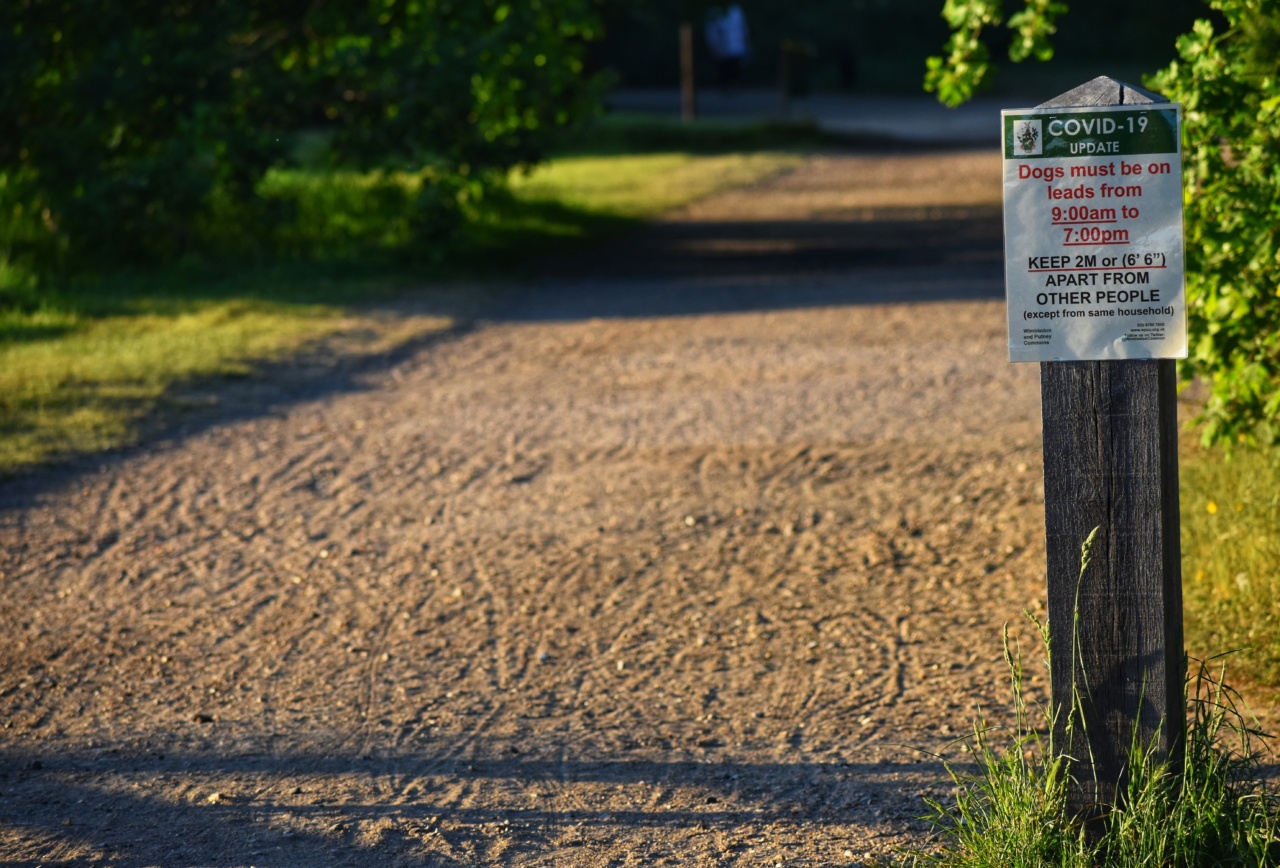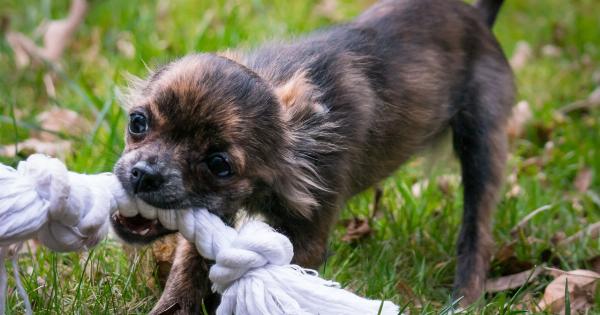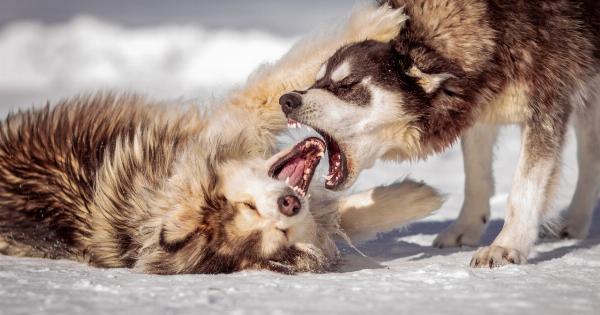Dogs are loyal and loving creatures, but like any other animal, they are prone to disagreements as well.
Dog disputes can be a common problem when two or more dogs don’t get along or when a dog displays aggressive behavior towards other dogs or even their owners. However, by following some basic principles, pet owners can prevent dog disputes and keep their furry friends safe and happy.
Principle #1: Socialization
Socialization is an important aspect of raising a dog. It involves introducing your dog to various people, animals, objects, and surroundings from the time they are puppies. Socialization helps dogs develop good behavior and manners.
It also teaches them how to interact with other dogs and people without aggression. Socializing puppies with other puppies at an early age helps prevent future dog disputes. It also helps them learn to play and respect other dogs’ boundaries. Adult dogs that are not socialized can become aggressive towards other dogs and people.
Training: Principle #2
Training is essential for all dogs to prevent aggressive behavior and avoid dog disputes.
Pet owners should teach their dogs basic commands such as “sit,” “stay,” “come,” and “leave it” to prevent unwanted behavior. Training not only strengthens the bond between the pet owner and the dog but also teaches the dog to respond positively to instructions. Dogs that are not trained can become dominant, aggressive, and disobedient.
Training also helps in managing the dogs during stressful situations.
Principle #3: Supervision
Supervision is crucial in preventing dog disputes. Pet owners should always supervise their dogs when they are interacting with other dogs, especially in public places. Keeping an eye on the dogs helps to prevent fights before they start.
Owners must also supervise their dogs around strangers or children to prevent accidents or aggressive behavior. Some dogs have a history of being aggressive or around children and require careful supervision to control their behavior and prevent any disputes.
Principle #4: Neutering/Spaying
Neutering and spaying of dogs can help prevent dog disputes caused due to sexual behavior or hormonal imbalances. Un-neutered or un-spayed dogs tend to be more aggressive towards other dogs, especially of the same sex.
Neutering and spaying also reduce the chances of dogs developing cancer and other reproductive health problems. It also helps to control the dog population by preventing unwanted breeding and stray dogs from roaming the streets.
Principle #5: Responsible Ownership
Responsible ownership is the key to preventing dog disputes and keeping dogs healthy and happy. It involves grooming, providing proper nutrition, and veterinary care for the dog.
Owners must also ensure that their dogs are given enough exercise and training to prevent boredom or aggression. Responsible owners take their dogs for regular checkups, vaccinations, and preventive care to keep them healthy and safe.
They also comply with laws regarding the ownership of dogs, including leash laws, spaying and neutering laws, and licensing requirements.
By following these basic principles, pet owners can prevent dog disputes and ensure that their furry friends are healthy, happy, and well-behaved.
Dogs that are socialized, trained, supervised, and well-cared for are less likely to display aggressive behavior towards other dogs or humans. Responsible ownership not only keeps the dog safe and healthy but also contributes to a safe and happy community for everyone.


























